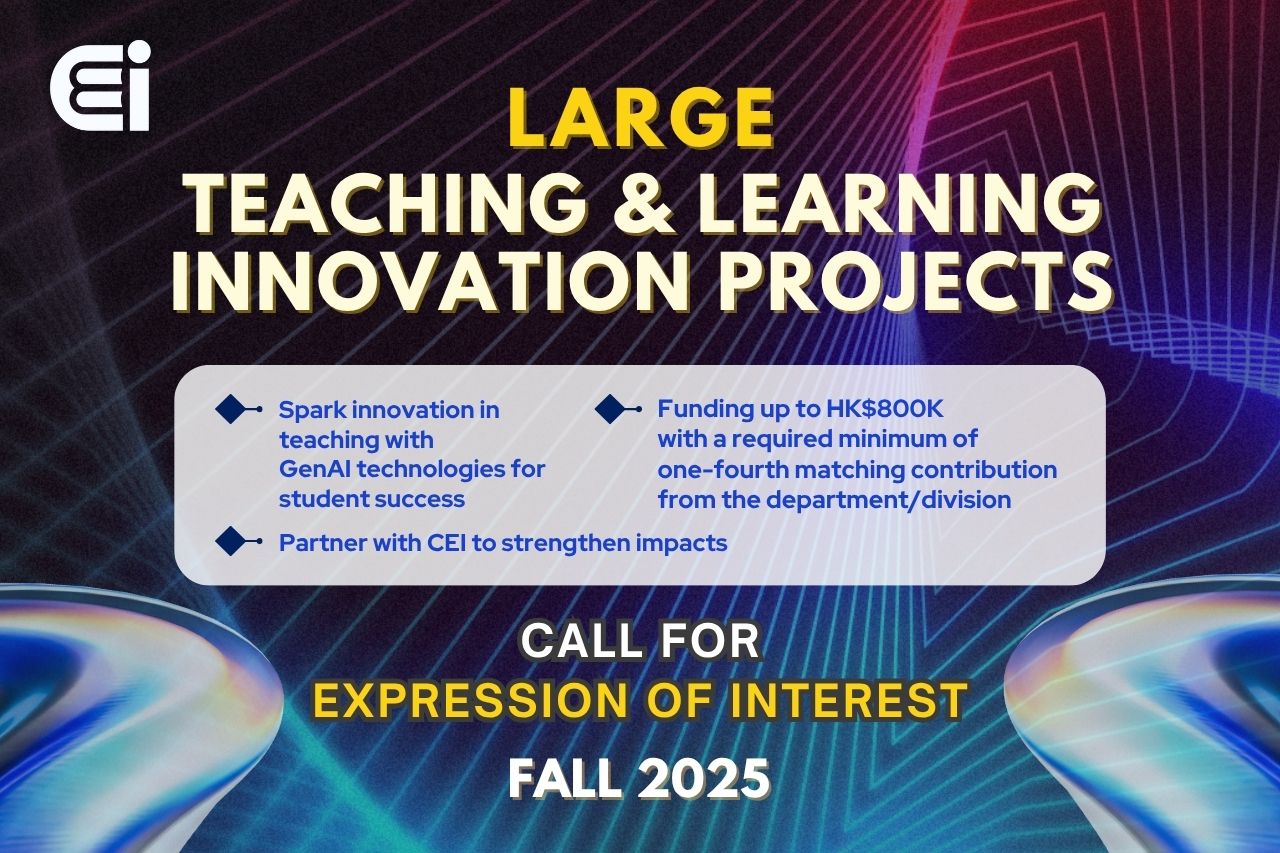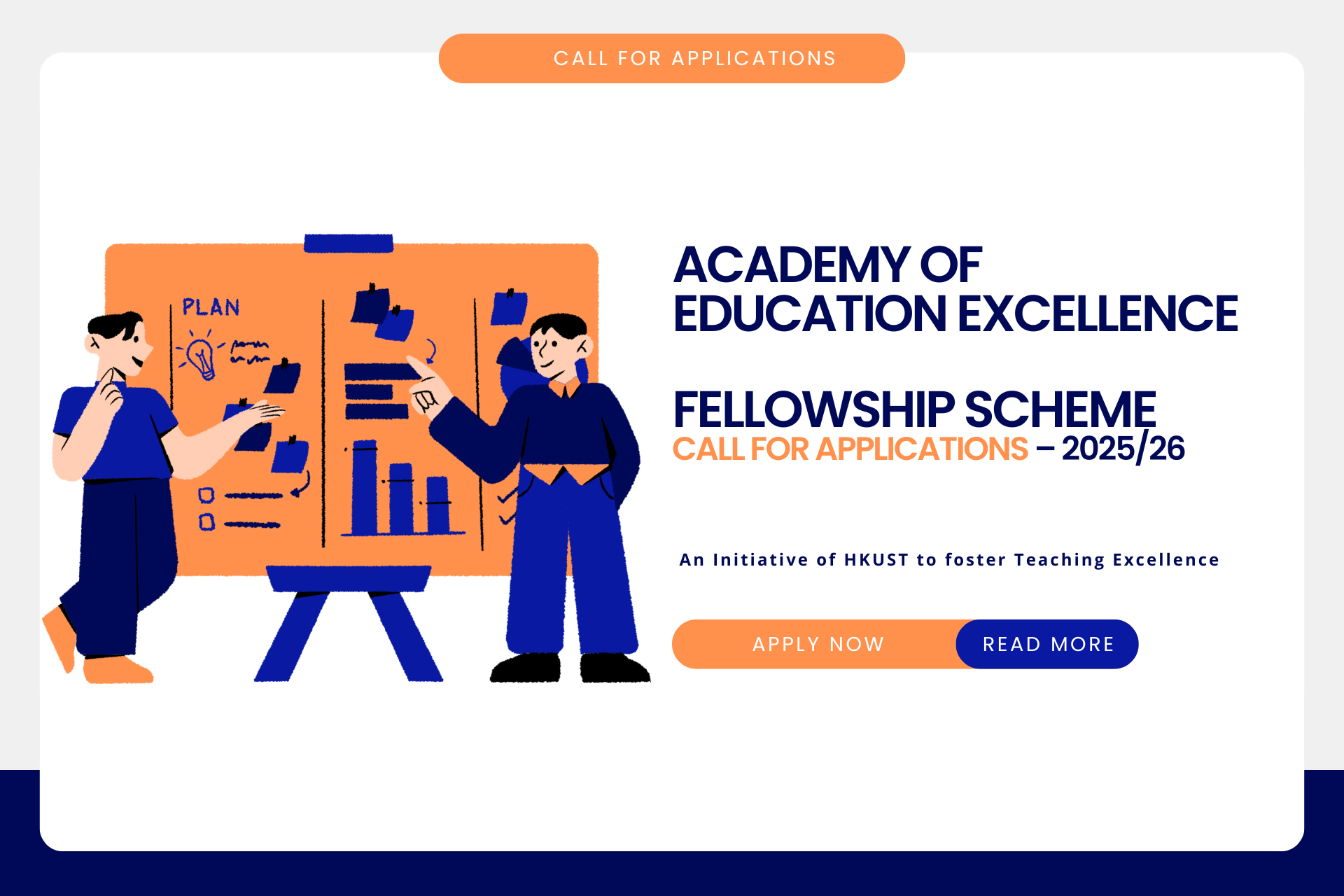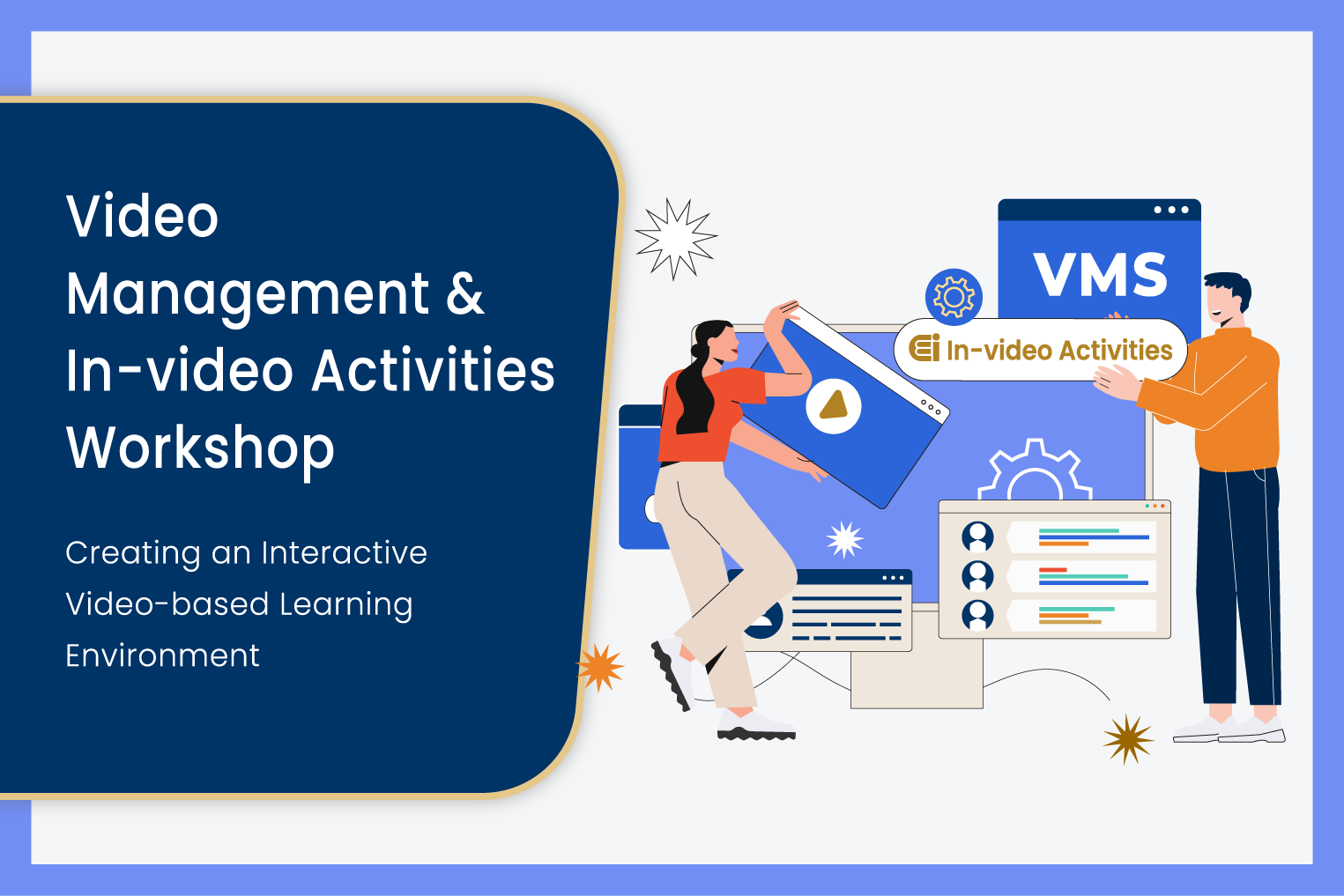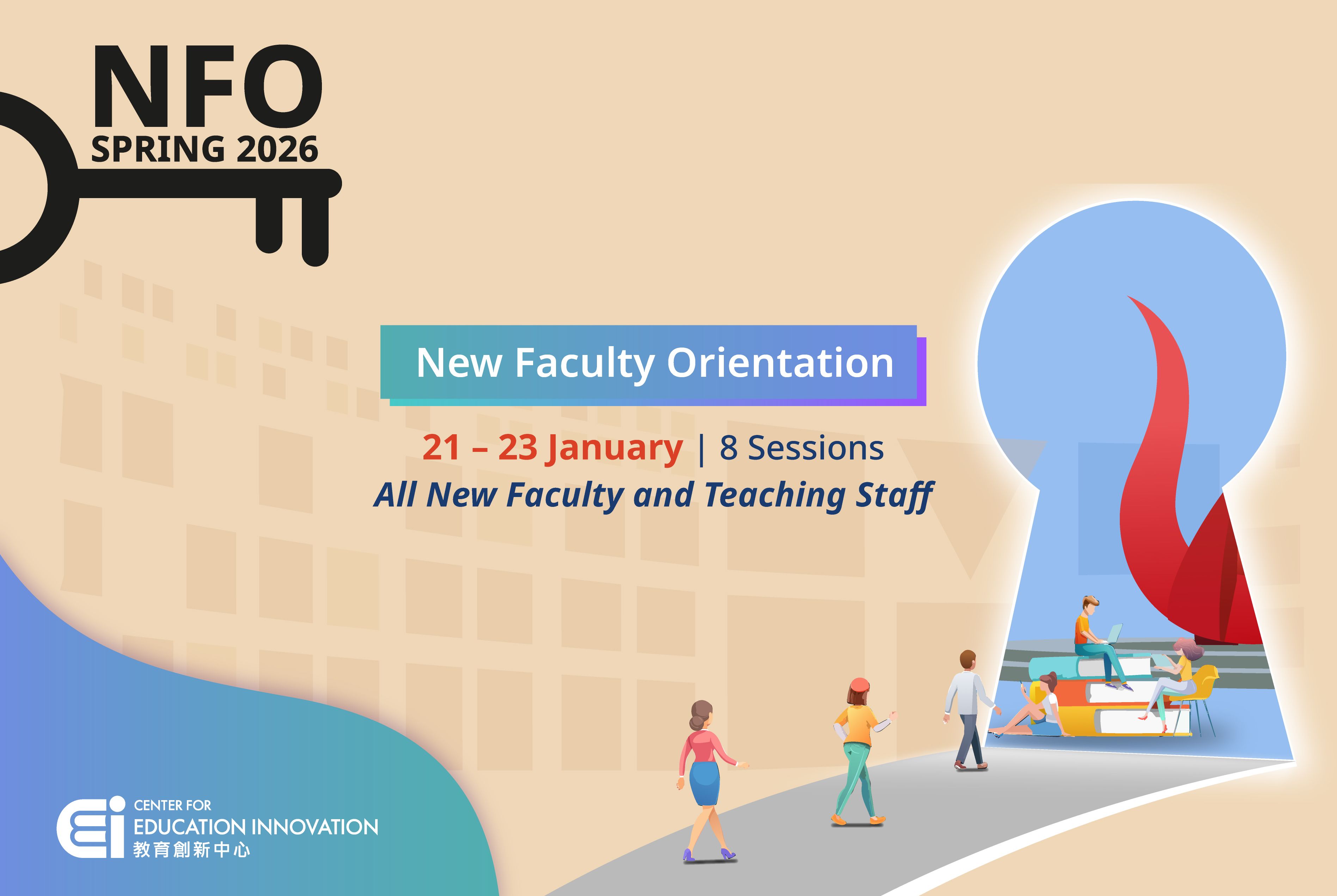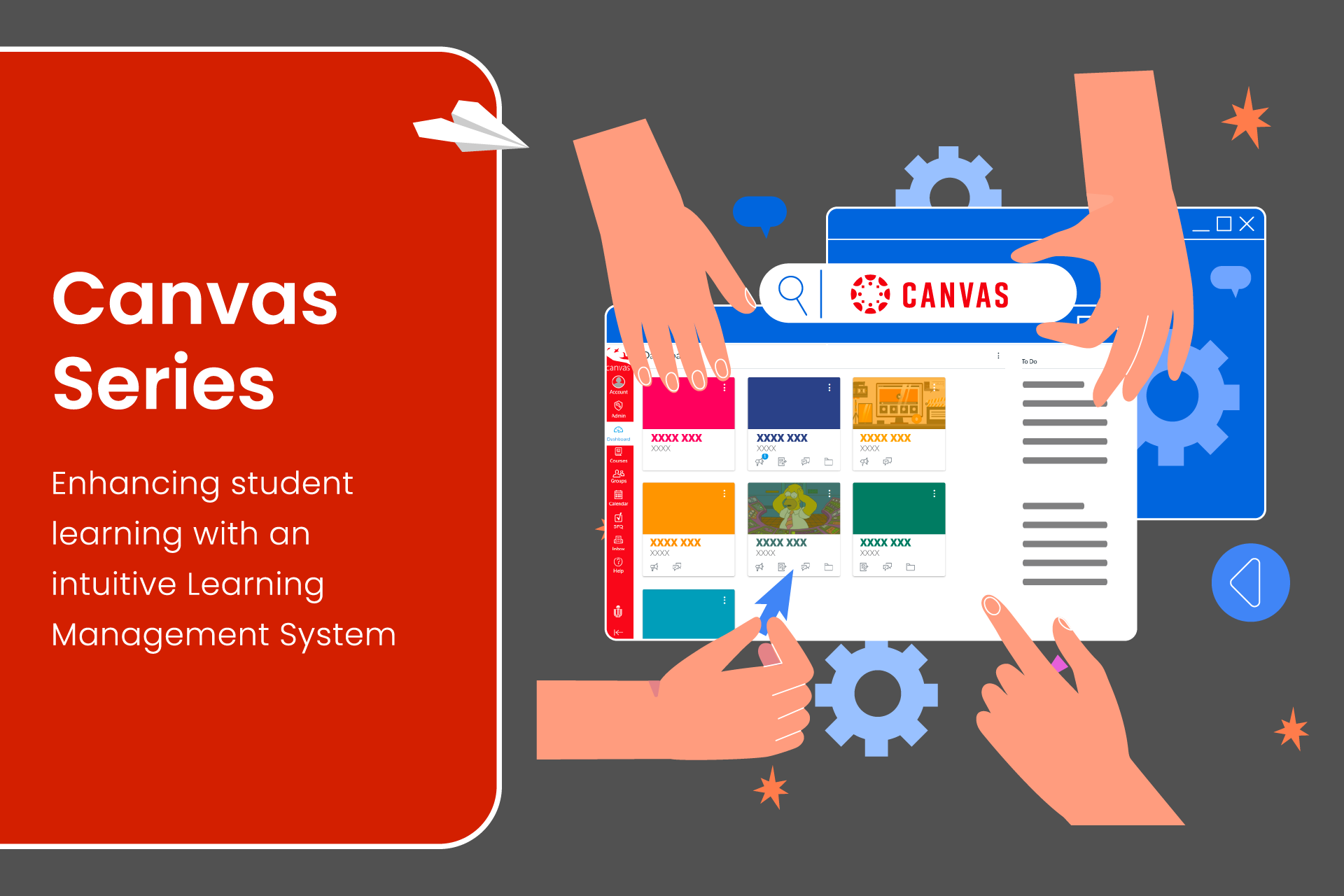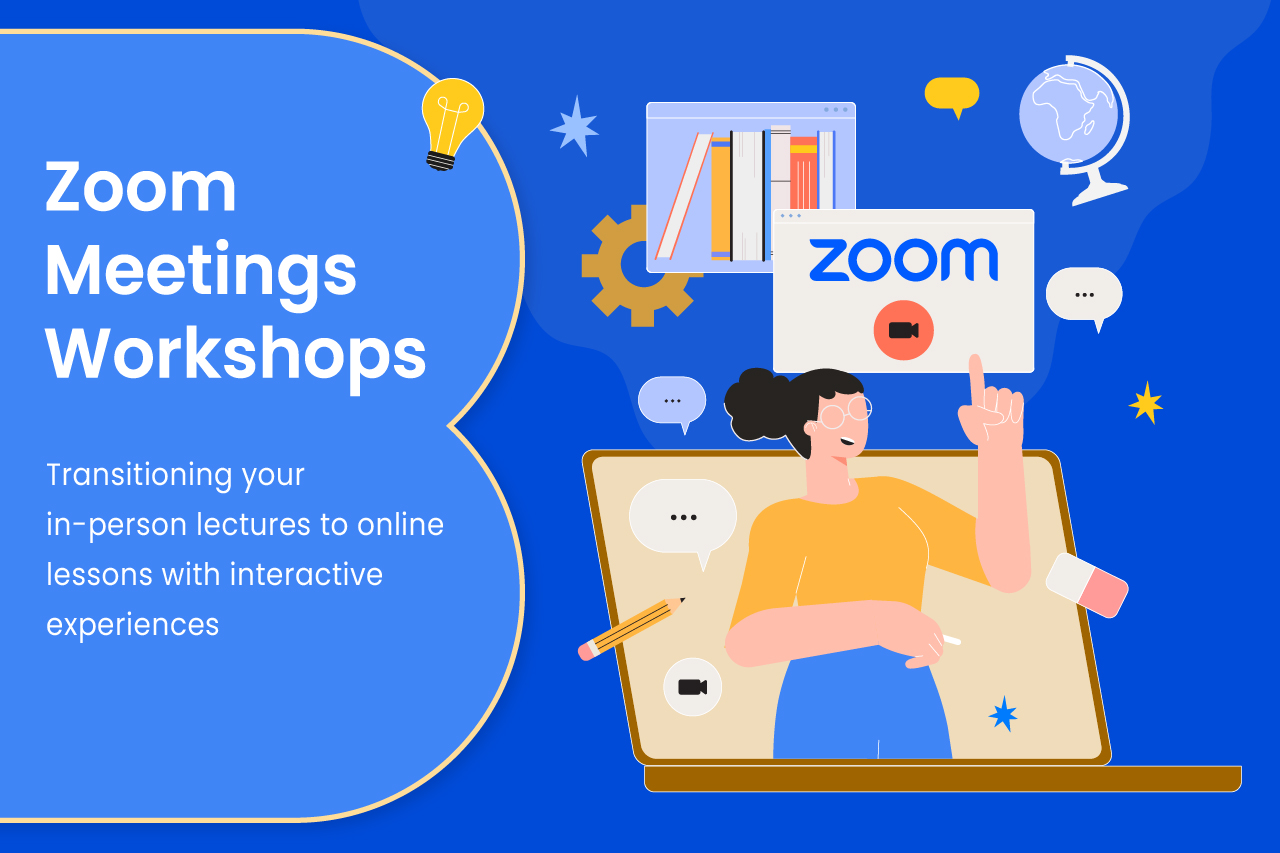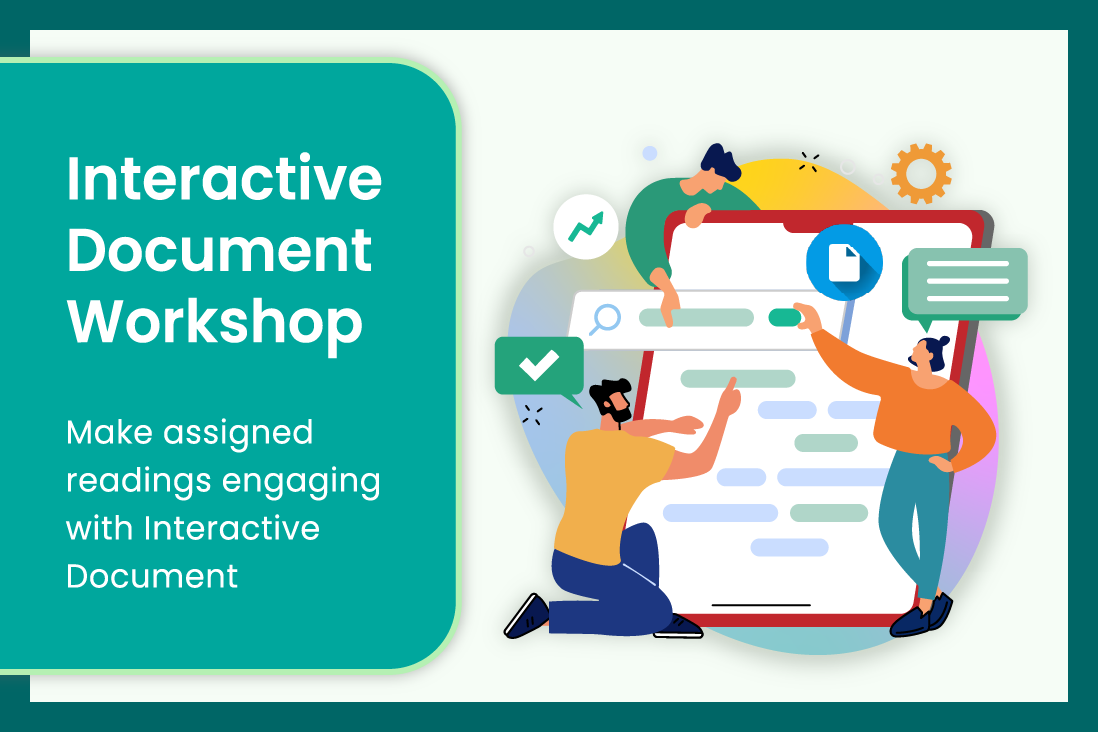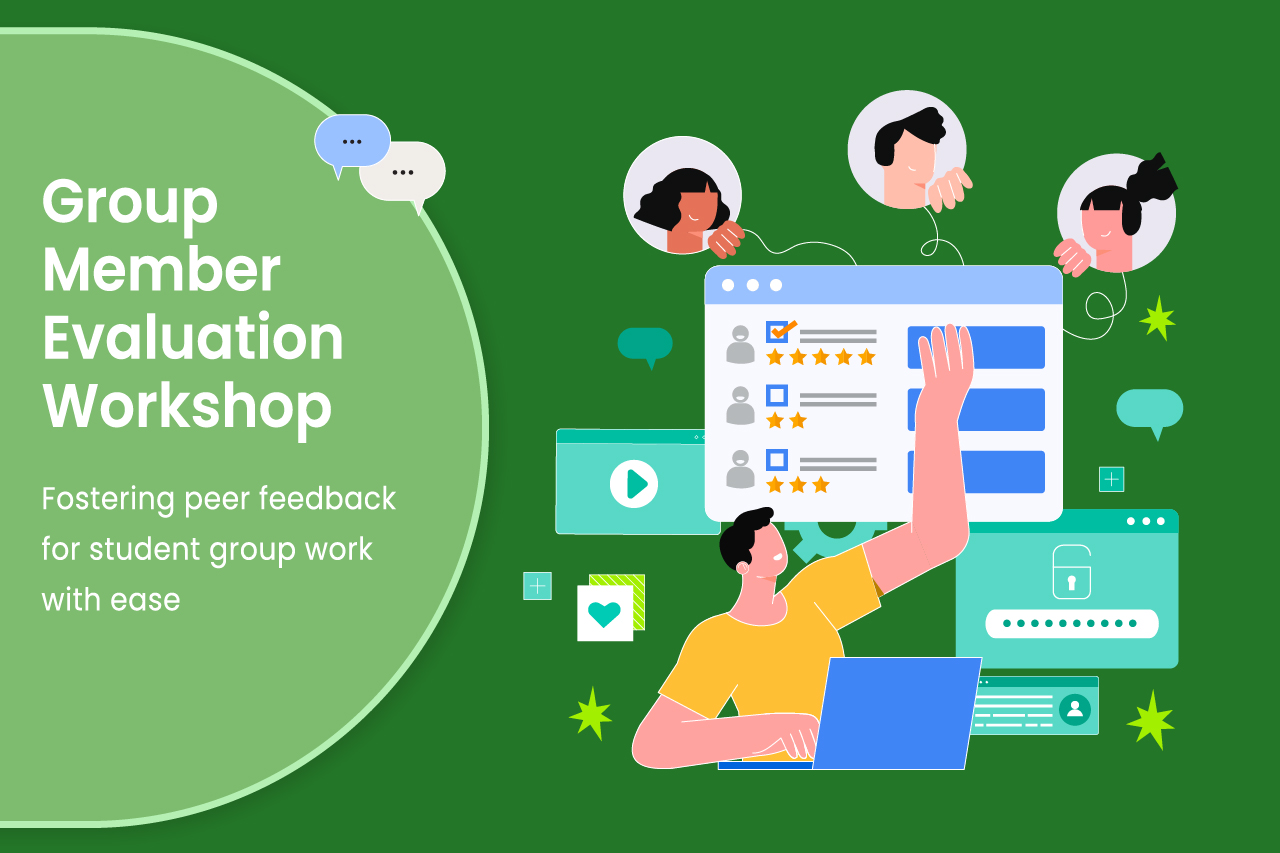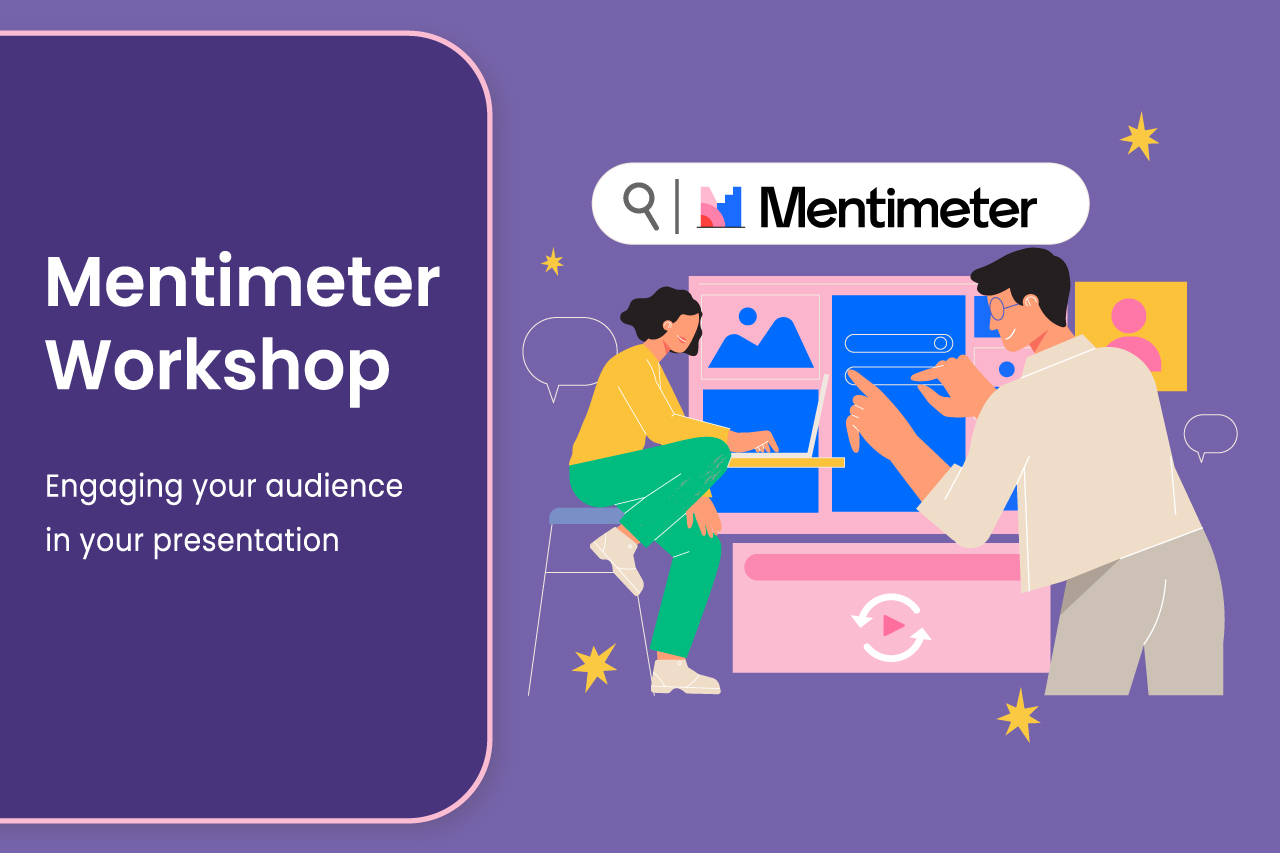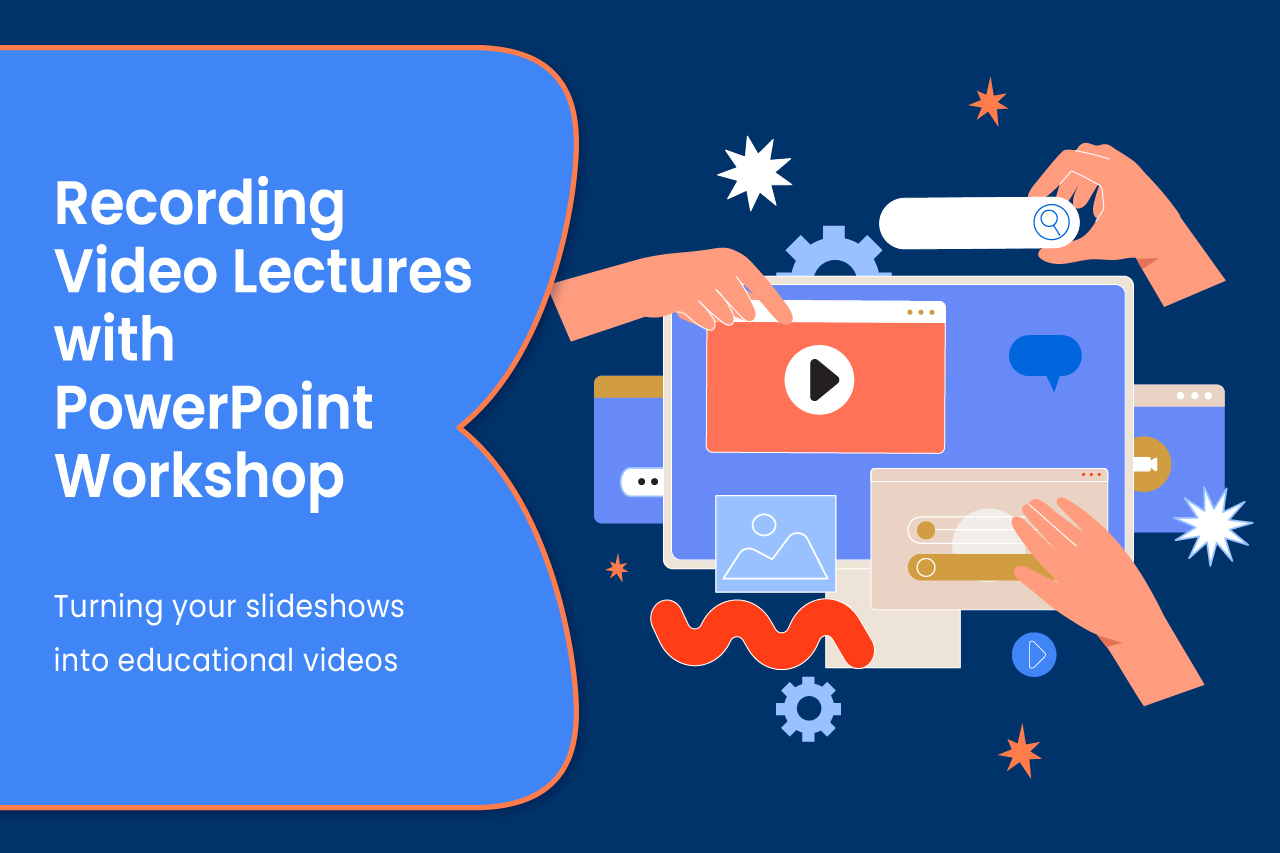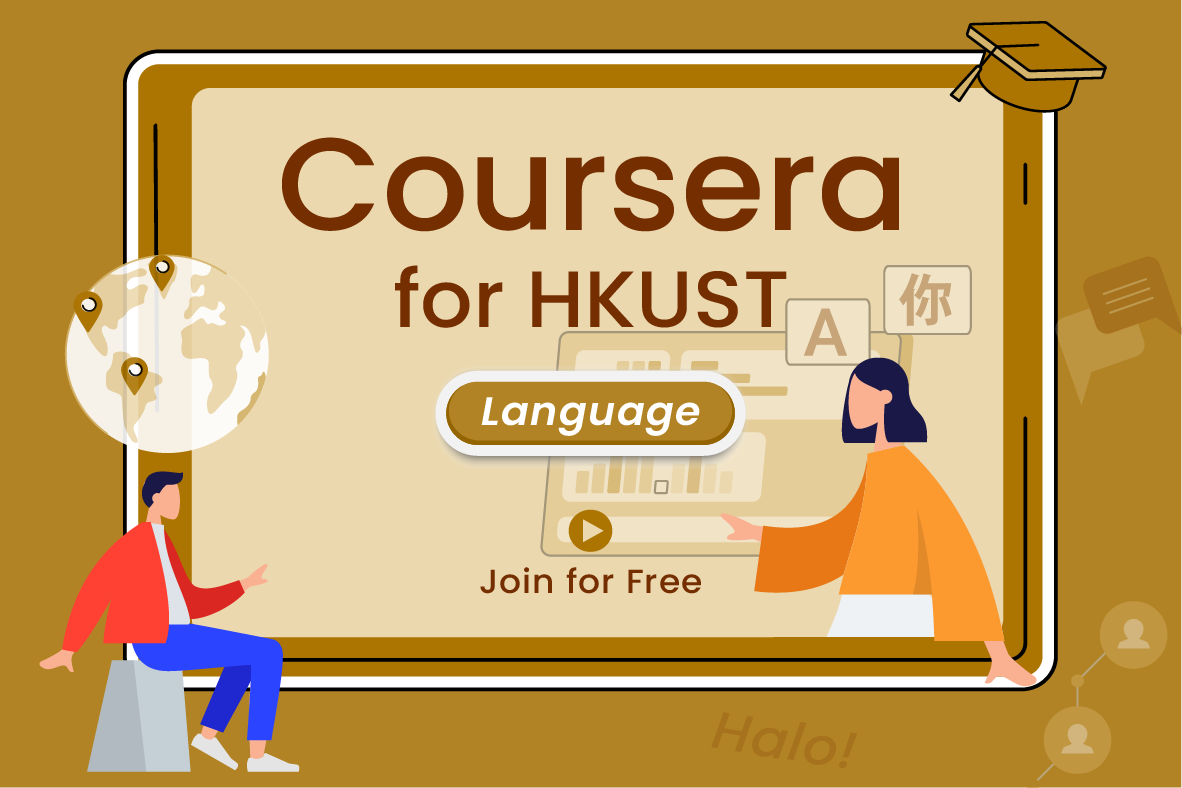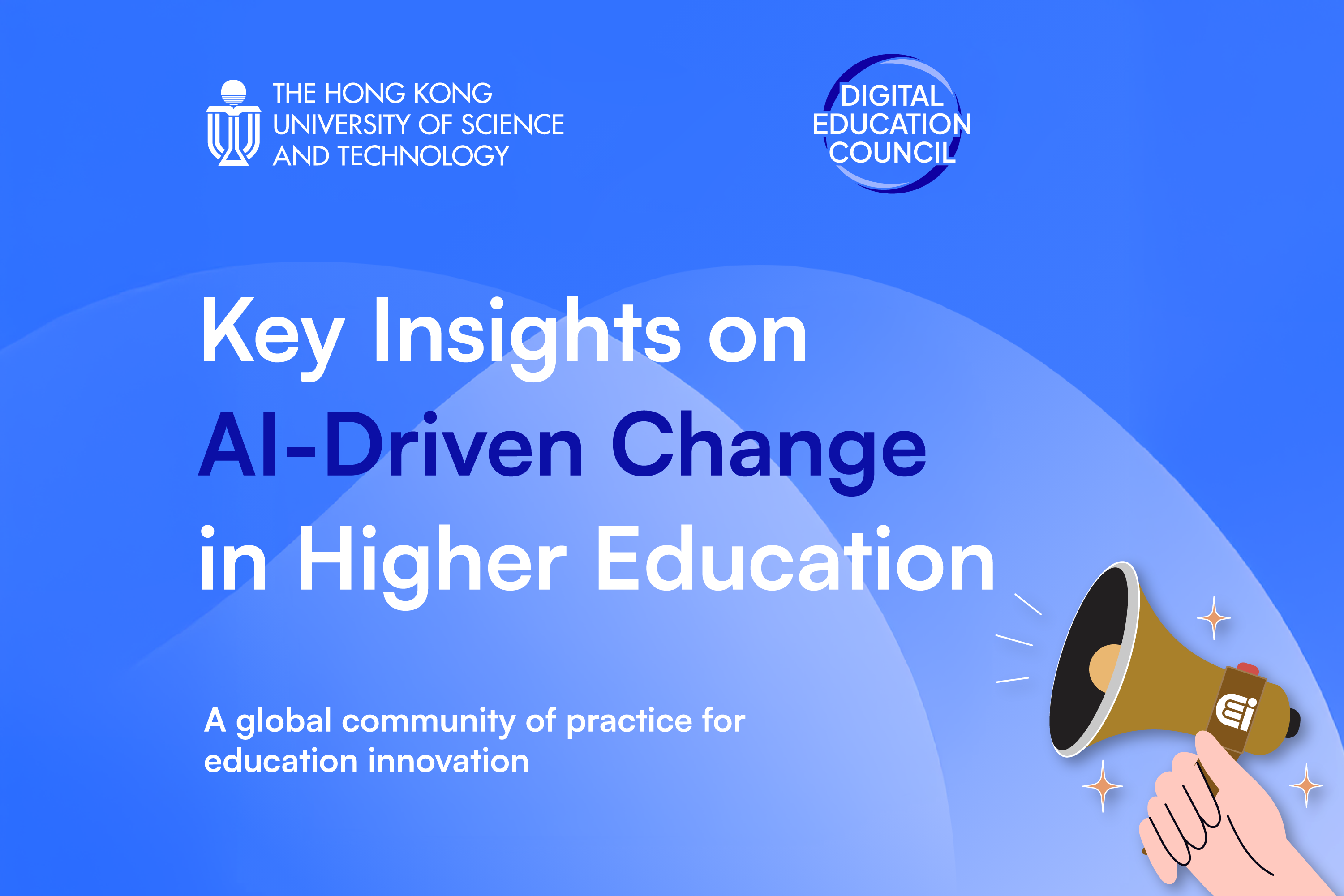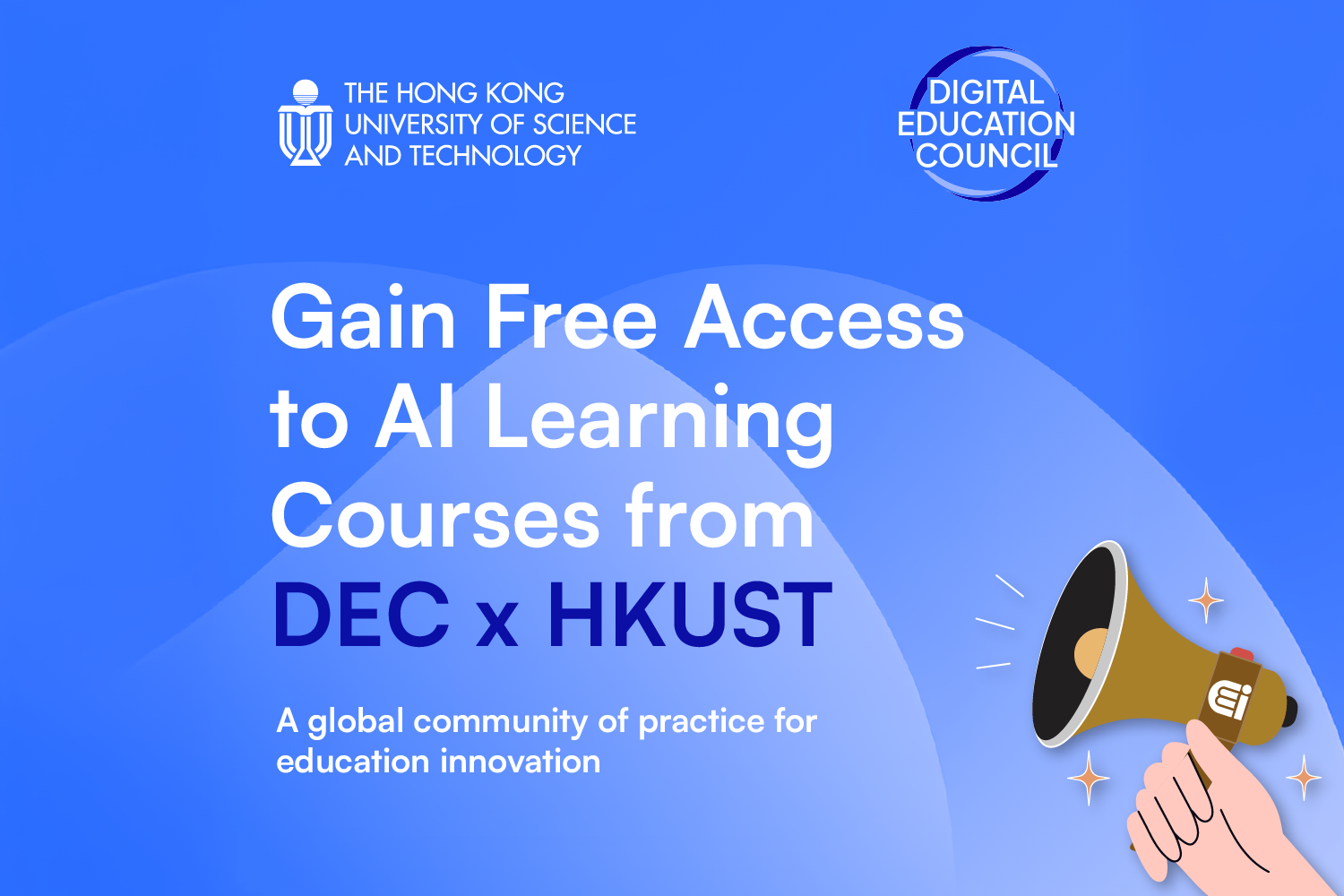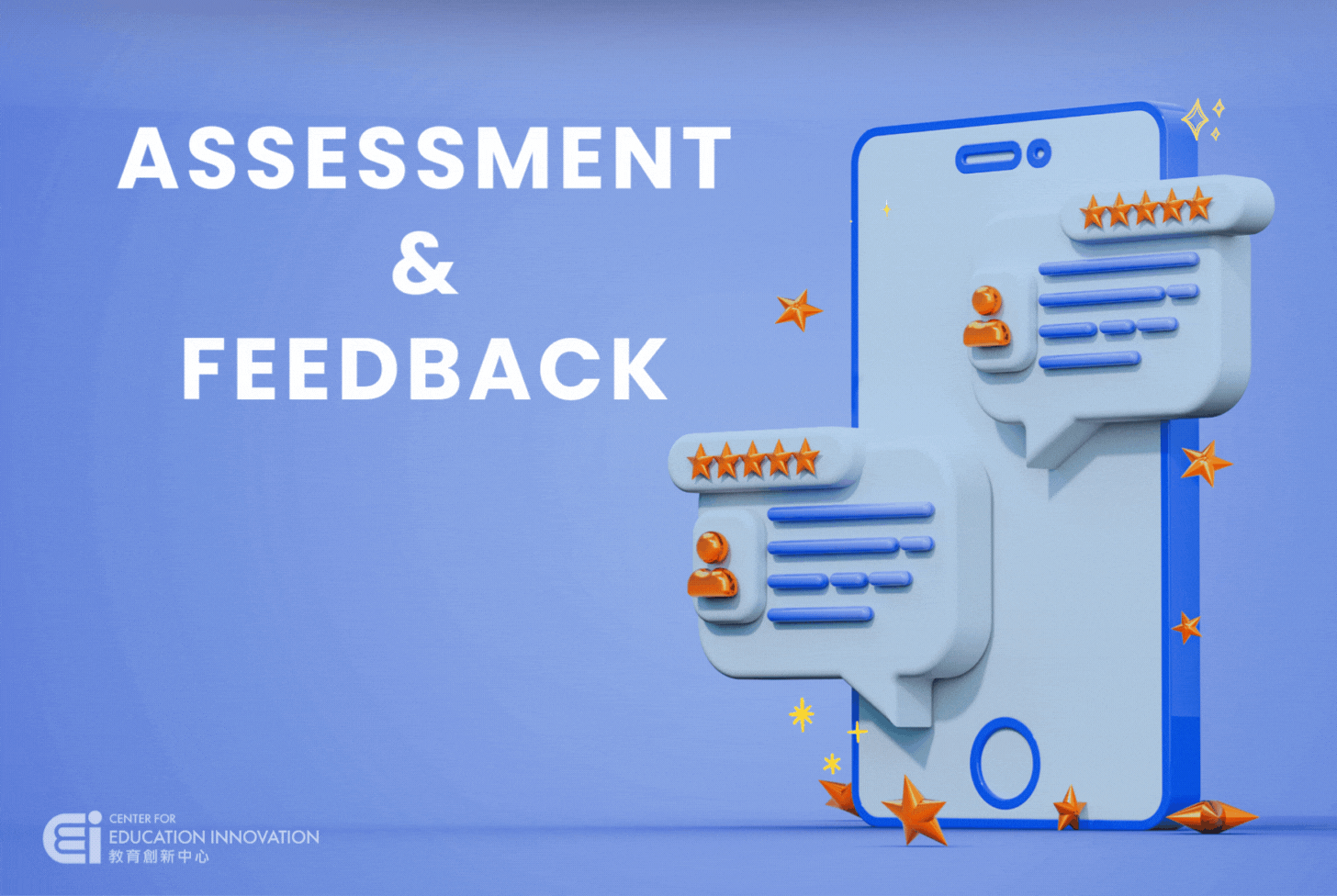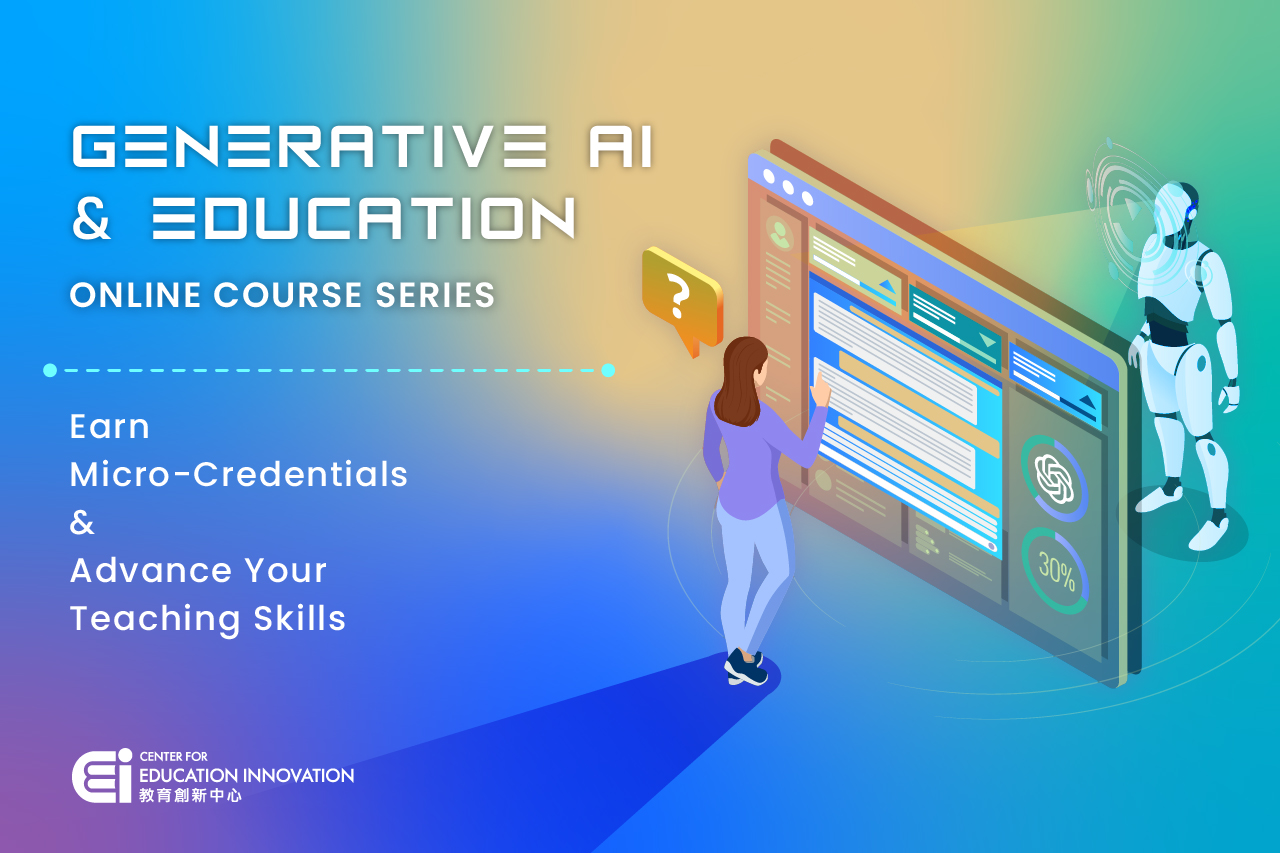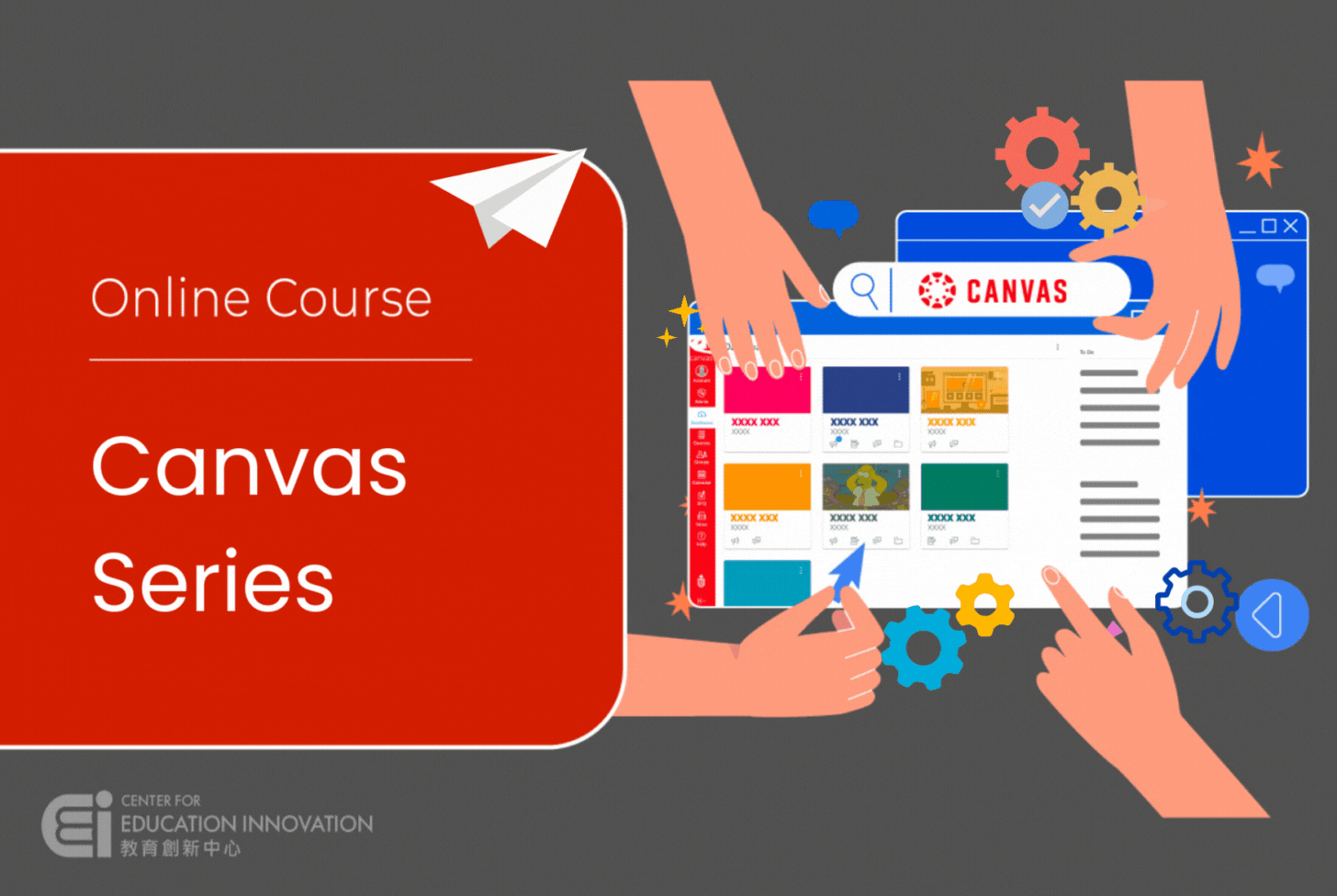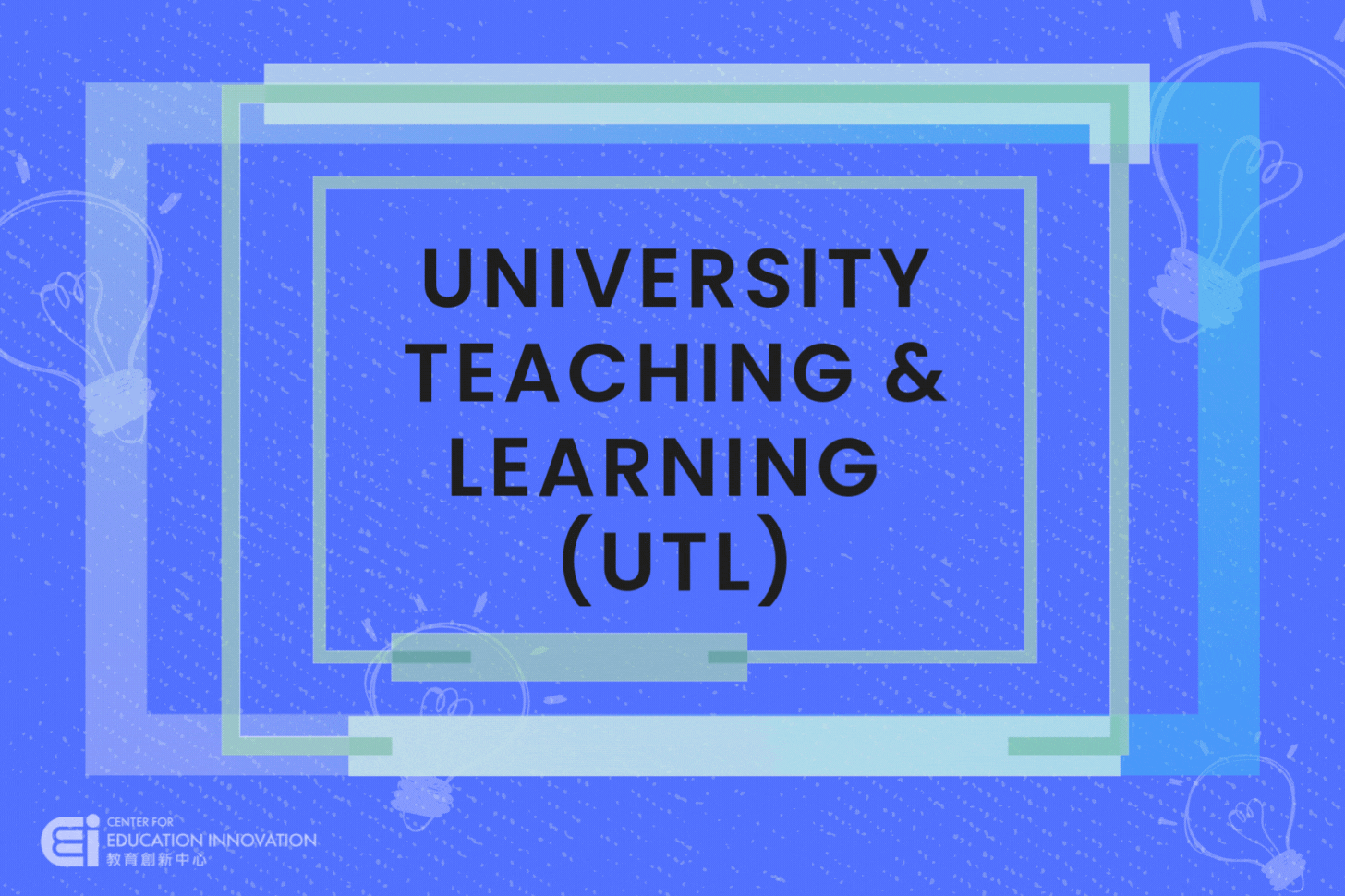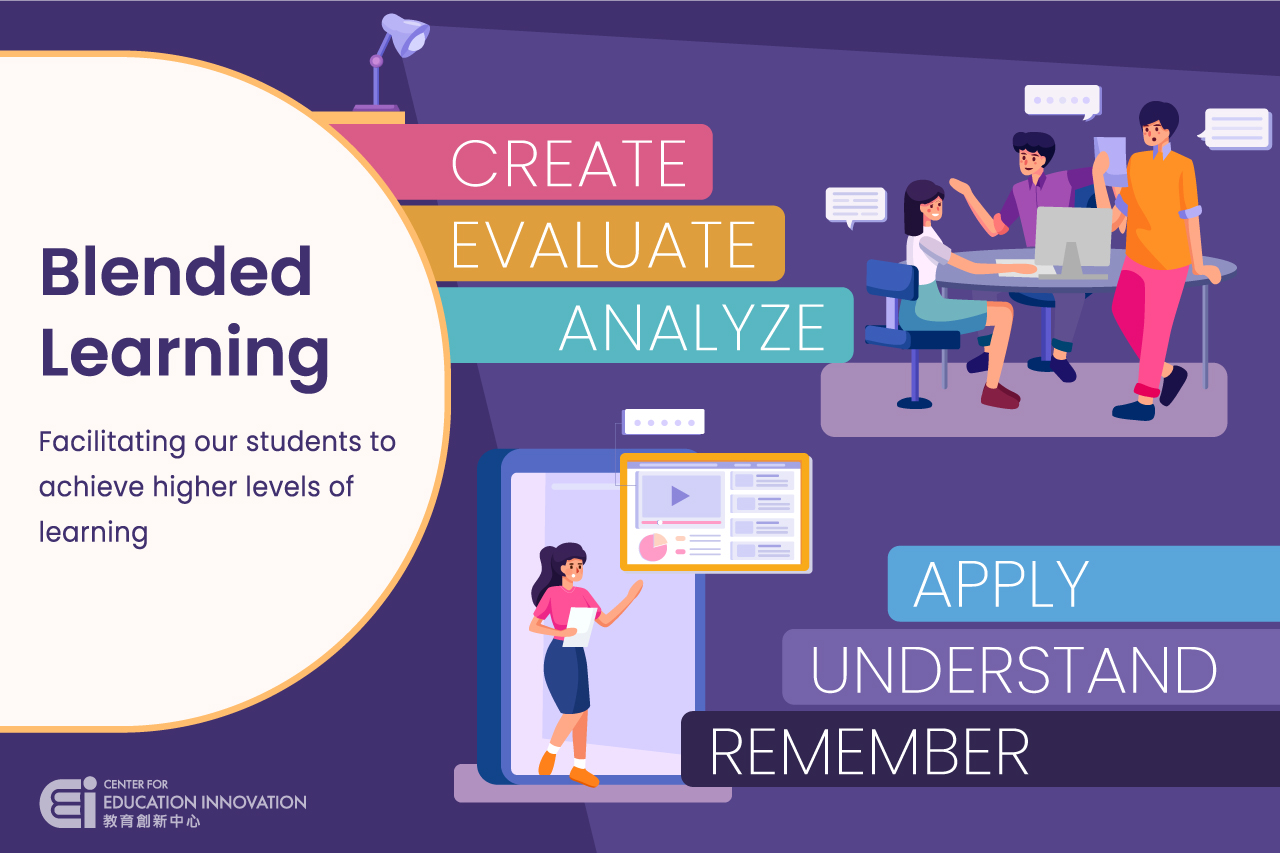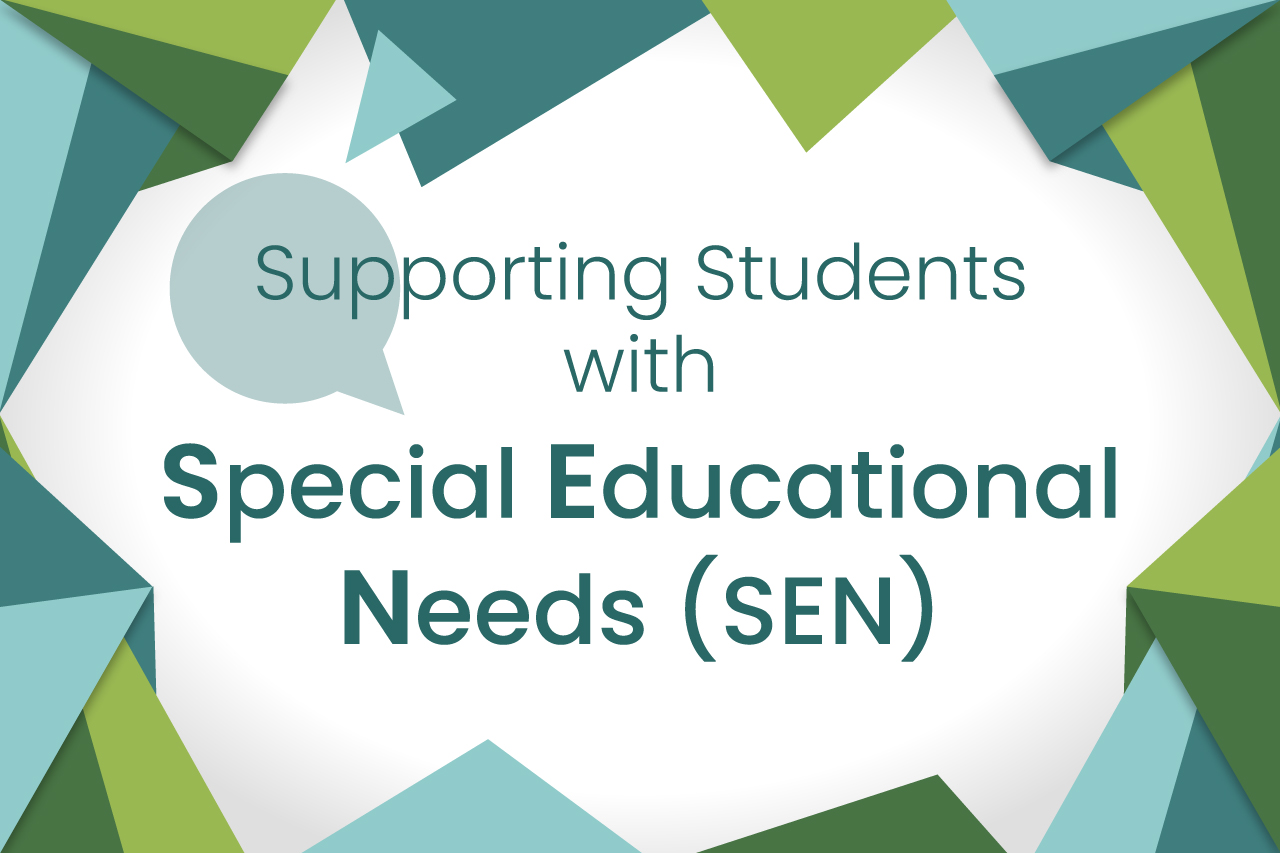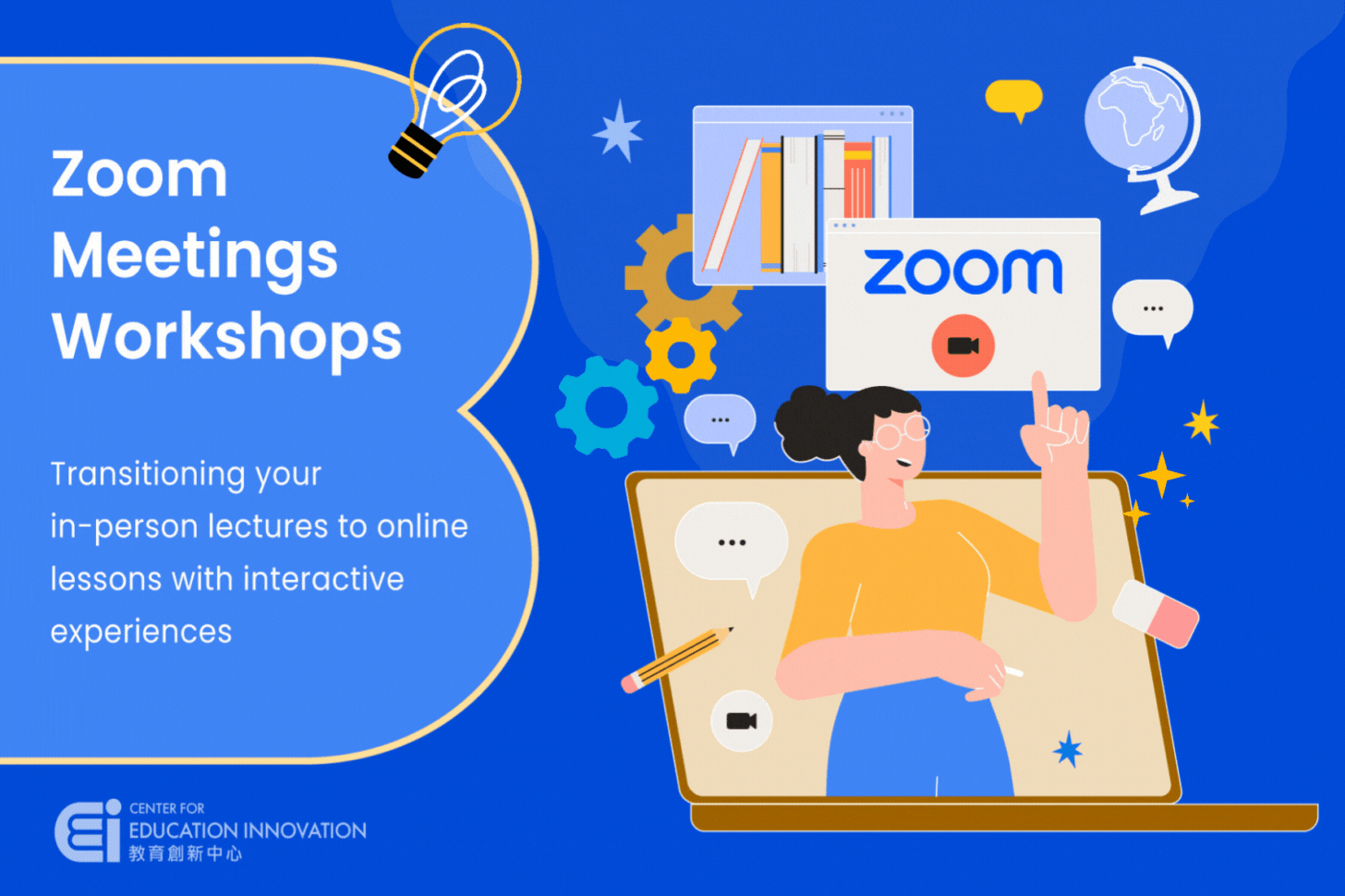Large Teaching & Learning Innovation Projects
(L-TLIP)
Call for Expression of Interest (EOI) - Fall 2025
The new Large Teaching & Learning Innovation Projects (L‑TLIP) funding stream invites HKUST faculty to co-create transformative, AI-driven teaching solutions that enhance learning across disciplines. If you’re ready to innovate with generative AI, collaborate across departments, and shape the future of education at HKUST, click below to learn more about how to apply.
Academy of Education Excellence (AEE)
Fellowship Scheme
Call for Applications – 2025/26
The AEE Fellowship Scheme invites faculty with proven teaching excellence to apply for recognition as a Junior Fellow, Fellow, or Senior Fellow. Click below to find out how you can join this distinguished community and showcase your achievements.
The Academy of Education Excellence
The Academy of Education Excellence (AEE), facilitated by CEI, will be open to all faculty members at HKUST who have demonstrated a commitment to improving their teaching skills and have contributed to the development of good teaching practices at the university.
Generative AI & Education
Since the launch of ChatGPT in November 2022, the world of Generative AI has been rapidly evolving and its impact on education remains a topic of debate. To help faculty stay informed on the various aspects of Generative AI and understand how HKUST is responding to it, CEI has compiled a list of relevant information and resources. We will continue to update this list, so please check back regularly.
CEI Podcast - EnLITe
CEI brought to you our new podcast EnLITe: Education Leadership and Innovative Teaching. Our vision is to advance education innovation in every HKUST course, giving our students a well-rounded education that prepares them for success in the ever-changing world. With EnLITe, we aim to showcase innovative teaching practices and provide a platform for our faculty members to share teaching innovations and insights.
Virtual Teaching & Learning Resource Hub
We understand Instructors might need some help adapting to the online and later hybrid teaching approach. CEI has been hosting Virtual Teaching and Learning workshops, and you can find some tips and tricks that we have summarized from the workshops here.
Adopting Online Teaching & Learning
In response to the outbreak of COVID-19, HKUST adopted Real-time Online (RTO) teaching for classes starting Spring 2019/2020. During this period, CEI provided faculty members with training resources, best practices, and guidelines to assist them in delivering their courses through Zoom and assessing students using online exams in Canvas.
Mixed Mode Teaching
In response to the outbreak of COVID-19, HKUST adopted Real-time Online (RTO) teaching for classes starting Spring 2019/2020. As the situation has improved, HKUST has decided to transition to a Mixed Mode Teaching (MMT) approach for most classes in Fall 2020/2021.
Coursera for HKUST
Our MOOC partner, Coursera, is offering USTers free access to two of their programs. You can get full access to courses in the program catalogs, interact with other students from all over the world and earn a free certificate upon course completion.
What is Blended Learning?
Blended Learning (BL) has been extensively used in Higher Education for many years. With advancements in computer technologies, students now have new ways to access and interact with knowledge and people. However, new information and communication technologies on their own do not necessarily lead to good learning experiences. Good pedagogy and well-designed courses are crucial.
Upcoming Events
New Faculty Orientation: Teaching and Learning at HKUST | SPRING 2026
Canvas Series | SPRING 2026
Zoom Workshop Series | SPRING 2026
Group Member Evaluation Workshop | SPRING 2026
Mentimeter Workshop | SPRING 2026
News
AEE Micro-credential Courses
Faculty Toolbox
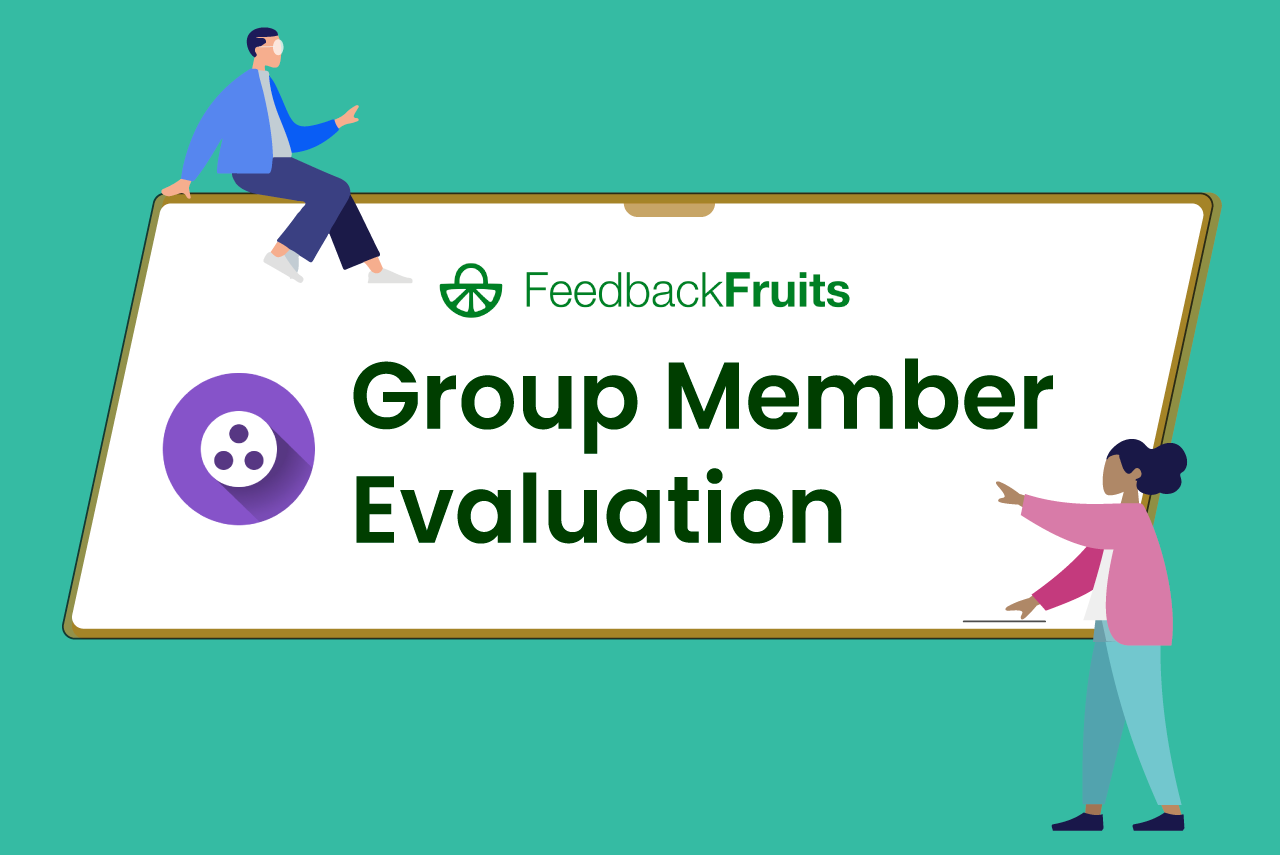
Group Member Evaluation
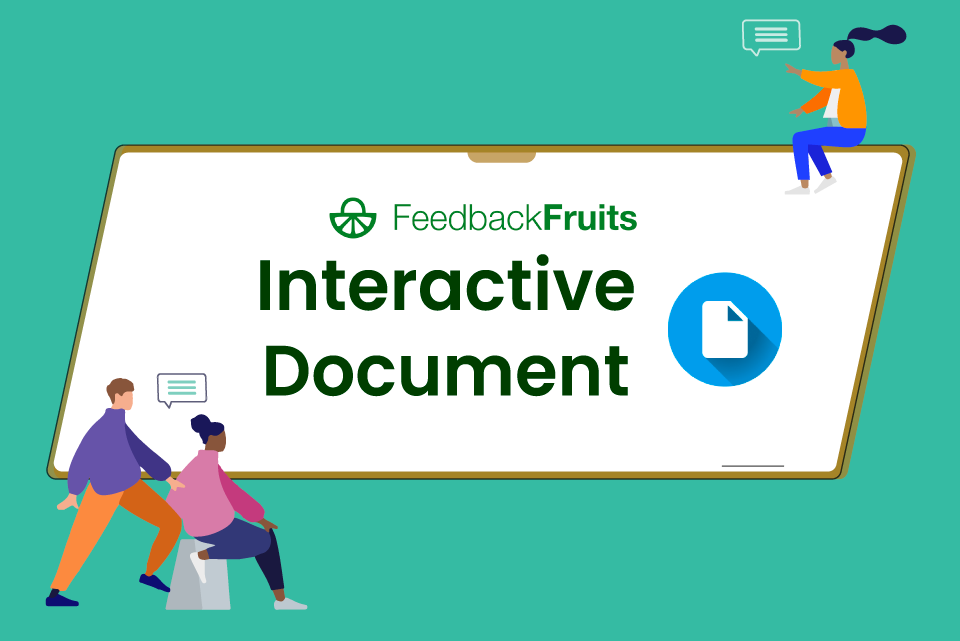
Interactive Document
Learner-Centered Course Design

The term learner-centered is akin to "user-centered" focus of a product. If a course is designed in a learner-centered way, it means extensive attention has been given to the needs, interest and skills of our learners when we design our course. As oppose to content-centered course design, where teacher usually works up a list of topic and decides how much time to spend on each, the heart of learner-centered approach is to decide first what students can and should learn in relation to this course, then how to assess students' performance and figured out how such learning can be facilitated. By shifting from content-centered to learner-centered, instructional design becomes learning experience design.


